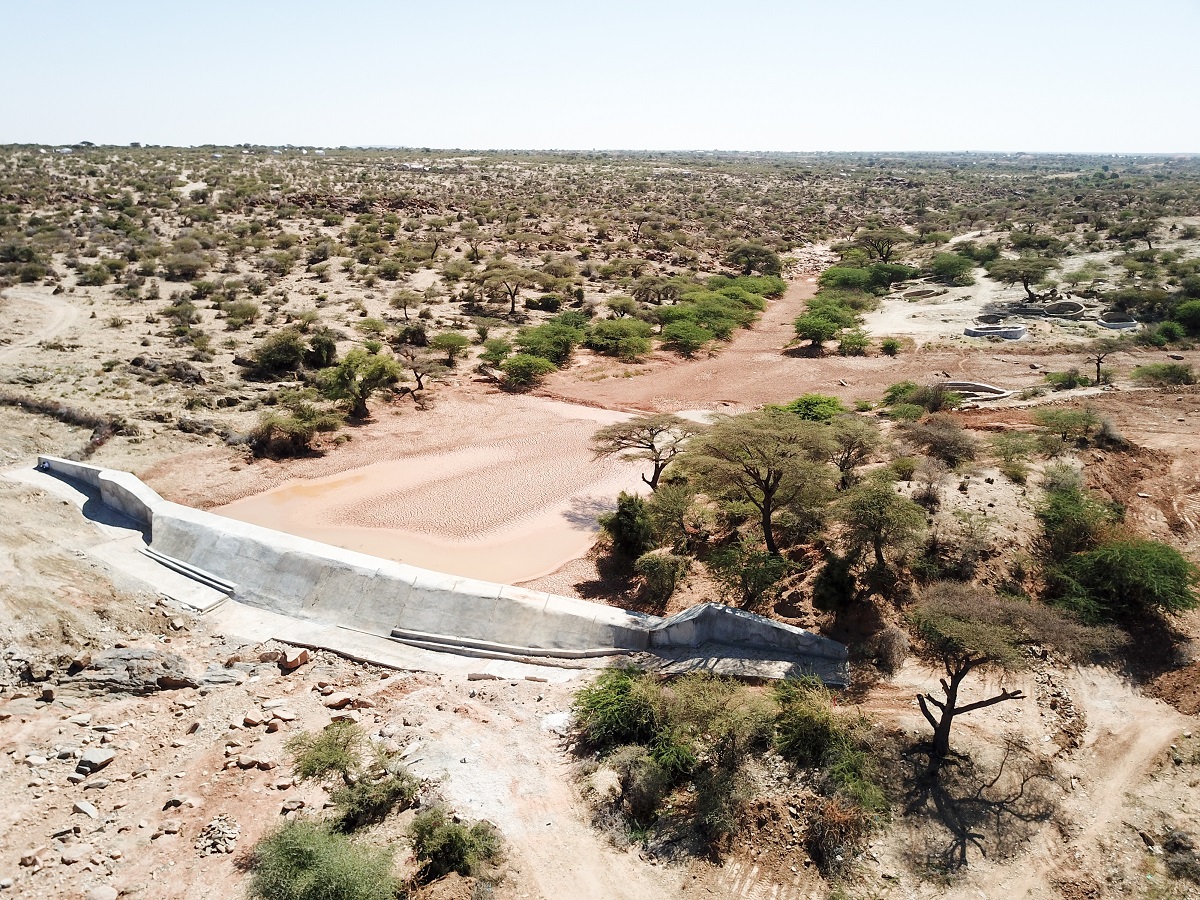ZodiaK
VIP

Somaliland land management strengthens construction capacity - Infrastructure Global
Improving water and food security through land management and tackling erosion, is complicated. When it’s in Somaliland, it comes with an added challenge.
Improving water and food security through land management and tackling erosion, is complicated. When it’s in Somaliland, it comes with an added challenge.
Land management in the horn of Africa is vital to the resilience and wellbeing of local communities. It will become more so as climate change continues to worsen severe weather conditions. Land management in a country that isn’t a country, however, presents some big challenges.Somaliland is not recognised by the international community as a nation state. This has often limited its ability to raise finance and benefit from international aid and investment. That in turn has left a legacy in Somaliland of limited skills and experience in significant projects. German firm CES has shown how some of those challenges can be overcome.
What is Sustainable Land Management in Somaliland
Sustainable Land Management in Somaliland is a project to save the Biji catchment area from erosion, and to improve rainwater harvesting and storage of water for drinking, food security and livestock. This catchment area links to aquifers that represent the main water resource for the region’s population, making recharge of these aquifers a vital aim.
With funding provided via the German Development Bank (KfW), CES drew up plans and delivered balleys and berkads for runoff retention, and sandstorage and subsurface dams for river flow storage.
These were delivered with six national construction companies in Somaliland, helping to build up capacity and experience with the delivery of 74 structures over three years.
Internationalising and localising capacity building
Along with a lack of development capacity in Somaliland, the project coincided with the pandemic – making it hard for people to travel and limiting the availability on site of the CES engineers behind the designs.
This led to rapid development of online management, and in turn, provided a new opportunity for capacity building within Somaliland as contractors adapted to remote leadership, which was supported by the Somaliland Ministry of Agricultural Development.
At the same time, to secure funding and support best practices across the project, KfW required the adoption of international standard contracts, and in particular, the FIDIC pink book. This approach to de-risking investment and supporting good legal standards in Somaliland has begun steps away from simple contract terms there that have often proved inadequate for international investors.
Additionally, for long term maintenance of the 74 structures created over three years, women in the region were appointed to “care” for each structure – supporting both the development of long term asset management and opportunities to improve gender equality in the region.
As a result, not only was the construction finished on time and at the required quality despite many challenges, but it has also achieved a remarkable strengthening of national construction capacity that should help support future projects.
This project is one of three winning Outstanding Projects of the Year as assessed by a panel of FIDIC experts. It was nominated by CES Consulting Engineers Salzgitter.
